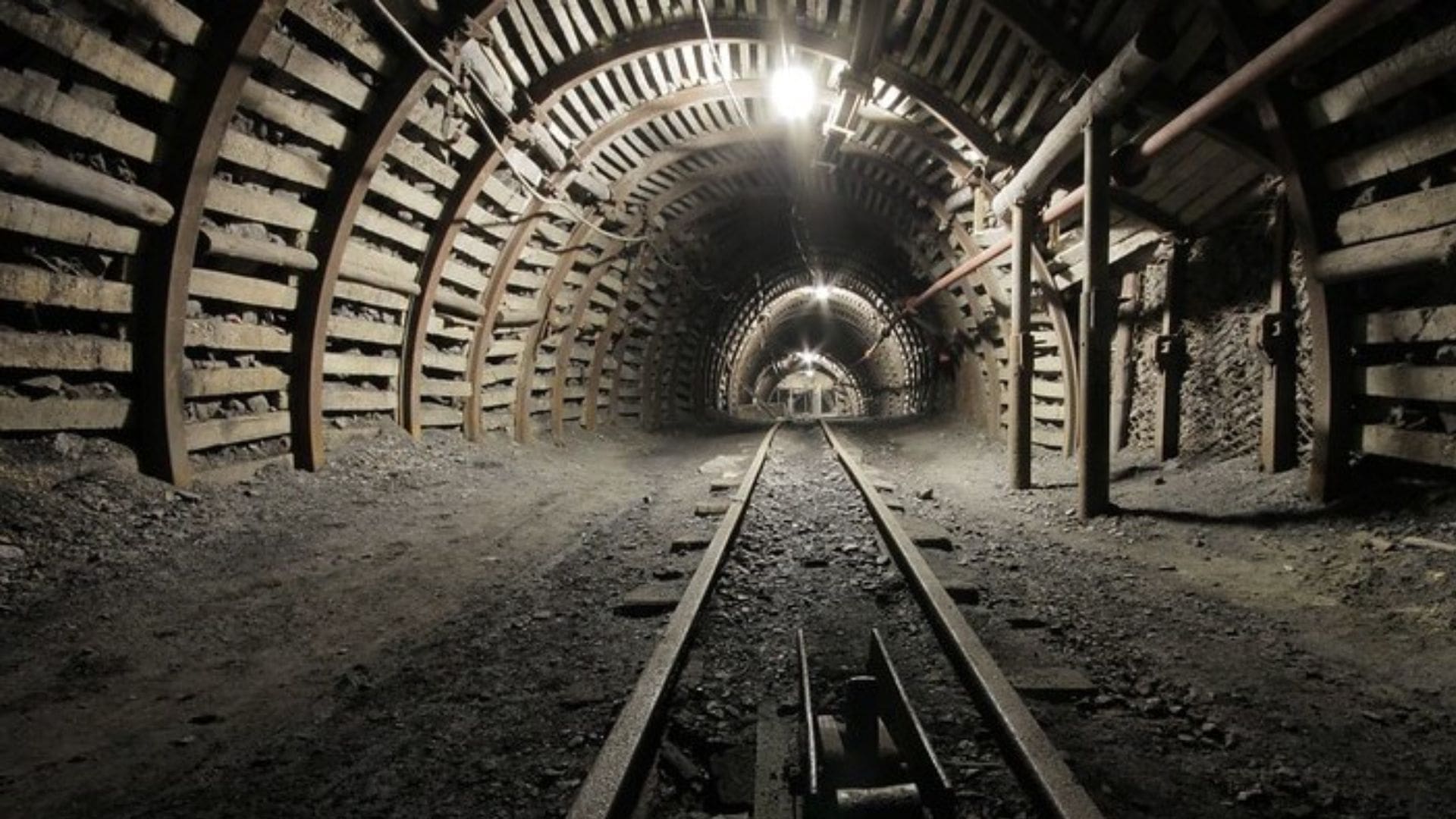Unearthing the Obstacles: Challenges Plaguing Poland's Mining Industry
- Poland | 28 January 2023

Poland’s mining industry has a rich history and has played a significant role in the country’s economic development. However, the sector faces a multitude of challenges that pose hurdles to its growth and sustainability. In this article, we delve into the challenges that the mining industry in Poland encounters, exploring the complex web of issues and the efforts being made to address them. By understanding these challenges and seeking viable solutions, stakeholders can pave the way for a resilient and thriving mining sector in Poland.
One of the most pressing challenges facing the mining industry in Poland is the need to navigate the transition to a low-carbon economy. As the world moves towards cleaner energy sources and reducing carbon emissions, Poland, heavily reliant on coal, faces the challenge of adapting its mining sector to align with global sustainability goals. This transition requires substantial investments in renewable energy infrastructure, development of alternative job opportunities for affected mining communities, and ensuring a just transition that considers the social and economic impacts on local communities.
Poland’s mining industry grapples with the challenge of aging infrastructure and outdated technology. Many mines in the country have been in operation for decades, leading to declining productivity and increased operational costs. The modernization of mining equipment and processes is essential to enhance efficiency, productivity, and safety. However, the significant capital investment required for modernization poses a financial challenge for mining companies, particularly smaller ones. Collaborative efforts between the government, industry stakeholders, and financial institutions are crucial to providing support and incentives for the adoption of advanced technologies.
Mining activities inherently impact the environment, and ensuring sustainable practices is paramount. The mining industry in Poland faces challenges related to environmental protection, land reclamation, and minimizing the ecological footprint. Striking a balance between economic development and environmental preservation is crucial. Strengthening environmental regulations, promoting responsible mining practices, and investing in research and development for sustainable mining technologies are essential steps towards mitigating the environmental challenges faced by the industry.
The mining industry has a direct impact on local communities, particularly those residing near mining sites. Challenges include maintaining positive relationships with local communities, addressing concerns related to land use, and ensuring the well-being of affected communities. Engaging with stakeholders, including community members, non-governmental organizations, and local authorities, is vital for fostering open communication, transparency, and addressing the social and cultural impacts of mining operations. Implementing community development initiatives, supporting education and skills training programs, and promoting employment opportunities can contribute to building sustainable relationships with local communities.
The mining industry in Poland faces challenges related to energy consumption and resource efficiency. Energy costs represent a significant portion of the mining sector’s operating expenses, and optimizing energy usage is crucial for maintaining competitiveness. Embracing energy-efficient technologies, investing in renewable energy sources, and implementing resource recovery and recycling initiatives can help reduce energy consumption and minimize the environmental footprint of mining activities. Collaborative efforts between the government, industry, and research institutions are essential to drive innovation and support the adoption of energy and resource-efficient practices.
The mining industry operates within a complex regulatory and legal framework, which can pose challenges for businesses. Permitting processes, licensing requirements, and compliance with environmental regulations can be time-consuming and resource-intensive. Streamlining regulatory procedures, providing clarity on legal requirements, and ensuring a stable and predictable business environment are crucial to attracting investments and fostering growth in the mining sector. Continued dialogue between industry stakeholders and the government is necessary to develop a regulatory framework that balances environmental protection, social responsibility, and economic growth.
Poland’s mining industry faces a range of challenges that require concerted efforts from various stakeholders to overcome. Transitioning to a low-carbon economy, modernizing infrastructure and technology, addressing environmental concerns, engaging with local communities, improving energy and resource efficiency, and navigating a complex regulatory landscape are among the key challenges that need to be addressed. By proactively addressing these challenges, Poland’s mining industry can embrace sustainability, drive innovation, and contribute to the country’s economic growth while maintaining a responsible approach towards the environment and local communities. Through collaboration and forward-thinking strategies, the industry can forge a path towards a more sustainable and prosperous future.








